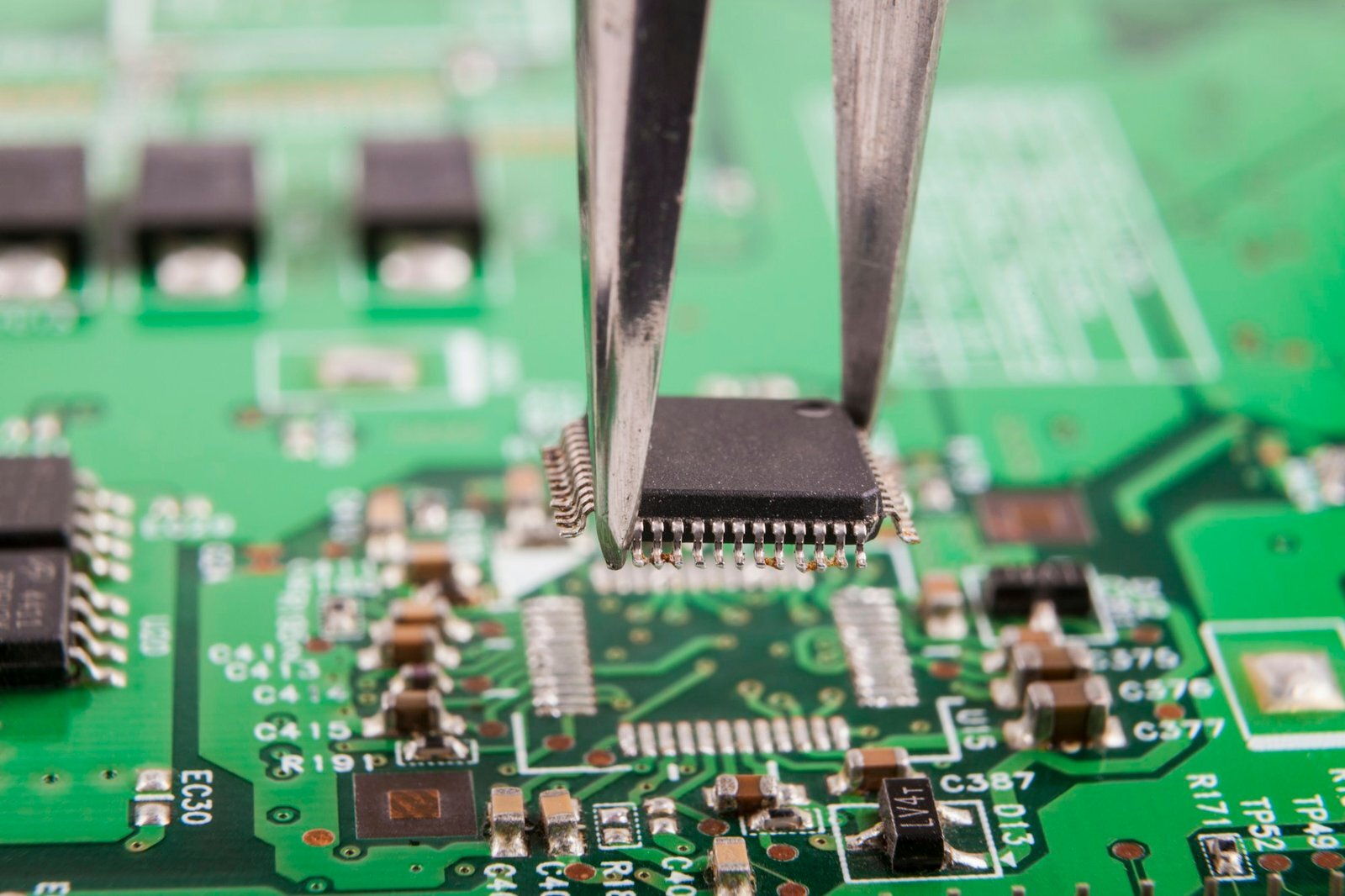What are FFC and FPC Connectors?
FFC (Flat Flexible Cable) Connectors consist of multiple flat conductors insulated with a flexible plastic film. These cables are known for their flexibility, making them ideal for applications requiring bending and folding. FPC (Flexible Printed Circuit) Connectors, on the other hand, connect flexible printed cables to circuit boards. In FPCs, the conductors are printed on the cable substrate rather than being embedded.
What Does FPC Stand for in Connector?
FPC Connectors are designed to meet the demands of today’s electronics, which need smaller pitch spacing, lower profile heights, and lighter interconnect solutions. They are necessary for applications that require compact and lightweight connections.
| Type of FFC Connector | Description |
|---|---|
| ZIF | No force required for insertion |
| LIF | Minimal force required for insertion |
| Non-ZIF | Requires more force but offers secure connection |

What Does FFC Connector Stand for?
FFC connectors are ribbon-like cables made of flexible plastic with straight conductors. They come in different pitches, such as 0.5mm, 1.00mm, and 1.25mm, and are used to connect PCBs in high-density electronic applications like laptops and mobile phones.
| Pitch Size | Flexibility | Common Applications |
|---|---|---|
| 0.5mm | High | Mobile devices, laptops |
| 1.00mm | Medium | Printers, scanners |
| 1.25mm | Low | Industrial equipment, automotive systems |

Applications of FFC / FPC Connectors
- Consumer Electronics: FFC and FPC connectors are used in consumer electronics like laptops, smartphones, and wearables because they’re small and flexible.
- Automotive Industry: In the automotive industry, these connectors are used in systems like infotainment, dashboards, and advanced driver-assistance systems (ADAS).
- Industrial Equipment: Industrial machinery and equipment also use FFC and FPC connectors because they’re tough and reliable in tough environments.

FFC vs. FPC Connectors
While both FFC and FPC connectors offer flexibility, they differ in construction and applications. FFCs are flat and flexible with embedded conductors, whereas FPCs have printed conductors on a flexible substrate.
| Feature | FFC Connector | FPC Connector |
|---|---|---|
| Construction | Flat, flexible with embedded conductors | Printed conductors on a flexible substrate |
| Common Applications | Laptops, mobile phones, printers | Cameras, medical devices, automotive |
| Flexibility | High | Medium |
FFC connectors are easier to manufacture and more flexible, making them suitable for dynamic applications. FPC connectors, while slightly less flexible, offer better electrical performance and are used in more precise applications.
FFC and FPC connectors are integral components in modern electronics, offering flexibility, space-saving, and reliability. Understanding their differences, applications, and specifications can help in selecting the right connector for your needs. Whether in consumer electronics, automotive, or industrial applications, these connectors play a crucial role in the seamless operation of various devices.



